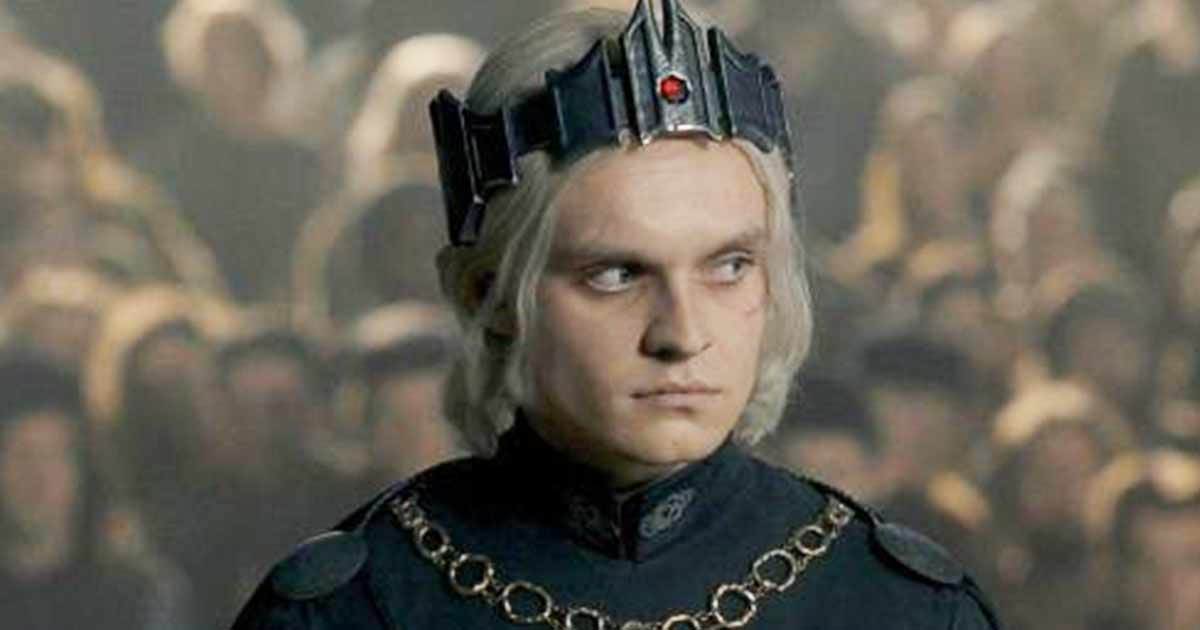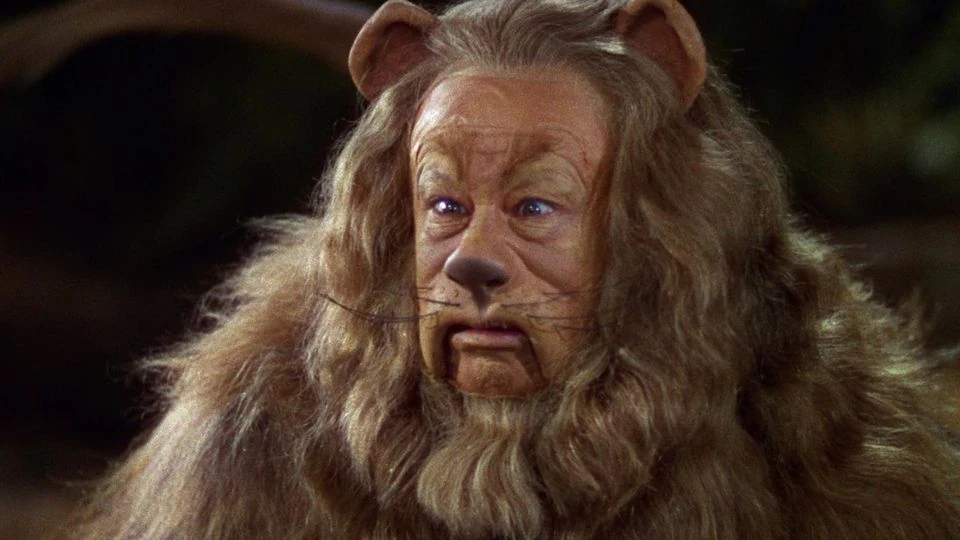Cersei is the human being, Daenerys is the monster
May 13, 2019 7:56:13 GMT
jon snow loves sansa likes this
Post by Leo of Red Keep on May 13, 2019 7:56:13 GMT
I posted this last January on Twitter and imgur. Be the judge of its pertinence.
"She was good. From her first breath, she was so sweet. I don't know where she came from. She was nothing like me. No meanness, no jealousy, just good. I thought if I could make something so good, so pure... maybe I'm not a monster."
Cersei speaking of her daughter tells that she sees her own faults. She knows her impulses and judges them, regrets them. She knows she has to restrain herself and does it too. When Jaime tells her he's going to Dorne to steal Myrcella back, she first counters he might commit "an act of war", something she does not want. When Myrcella's body arrives, she grieves as a form of compassion or justice: "I have to. It's not right she has to suffer alone". She feels she owes her daughter something.
Against expectations, she does not fall into raging revenge plans, does not ask war be brought to the Dornish. Instead, she will punish those who harmed her, and only those, when she gets the chance.
This is far from Daenerys' sense of "justice", which she expressed by crucifying people without a trial on the basis of a blanket accusation and in complete ignorance of the way the decision she intended to punish was taken. The masters of Meereen were all judged equally guilty without a second thought and Daenerys felt she was doing right. Later, she will always have to be refrained by others, not by herself. She will finally listen to the voice who tells her to ignore advisers and "be a dragon" instead of a human being.
Facing the prospect of trial by the Sparrows, Cersei first bets on trial by combat, the least violent solution, even though it implies acceptance of their right to judge her, another humiliation. After Margaery sides with the Faith, Cersei will go to Lady Olenna and beg for help, making apologies and showing insight. Only when all fails will she resort to the last, most destructive weapon she has. This is in explicit contrast with Daenerys' first impulse which is always to destroy indiscriminately, which she does by burning all the Khals and proposes to do again back in Meereen: "I will crucify the Masters. I will set their fleets afire, kill every last one of their soldiers, and return their cities to the dirt".
When Cersei utters terrible threats, it is always from a strongly emotional standpoint, out of helplessness in the face of something she cannot accept. Then she shows insight and regrets her mistakes. Daenerys does it calmly from a position of power leaving no doubt as to her willingness to do what she says. She does not show regret afterwards, nor does she seem to learn.
Cersei might be flawed, as all characters in the story, but Daenerys is the monster.

"She was good. From her first breath, she was so sweet. I don't know where she came from. She was nothing like me. No meanness, no jealousy, just good. I thought if I could make something so good, so pure... maybe I'm not a monster."
Cersei speaking of her daughter tells that she sees her own faults. She knows her impulses and judges them, regrets them. She knows she has to restrain herself and does it too. When Jaime tells her he's going to Dorne to steal Myrcella back, she first counters he might commit "an act of war", something she does not want. When Myrcella's body arrives, she grieves as a form of compassion or justice: "I have to. It's not right she has to suffer alone". She feels she owes her daughter something.
Against expectations, she does not fall into raging revenge plans, does not ask war be brought to the Dornish. Instead, she will punish those who harmed her, and only those, when she gets the chance.
This is far from Daenerys' sense of "justice", which she expressed by crucifying people without a trial on the basis of a blanket accusation and in complete ignorance of the way the decision she intended to punish was taken. The masters of Meereen were all judged equally guilty without a second thought and Daenerys felt she was doing right. Later, she will always have to be refrained by others, not by herself. She will finally listen to the voice who tells her to ignore advisers and "be a dragon" instead of a human being.
Facing the prospect of trial by the Sparrows, Cersei first bets on trial by combat, the least violent solution, even though it implies acceptance of their right to judge her, another humiliation. After Margaery sides with the Faith, Cersei will go to Lady Olenna and beg for help, making apologies and showing insight. Only when all fails will she resort to the last, most destructive weapon she has. This is in explicit contrast with Daenerys' first impulse which is always to destroy indiscriminately, which she does by burning all the Khals and proposes to do again back in Meereen: "I will crucify the Masters. I will set their fleets afire, kill every last one of their soldiers, and return their cities to the dirt".
When Cersei utters terrible threats, it is always from a strongly emotional standpoint, out of helplessness in the face of something she cannot accept. Then she shows insight and regrets her mistakes. Daenerys does it calmly from a position of power leaving no doubt as to her willingness to do what she says. She does not show regret afterwards, nor does she seem to learn.
Cersei might be flawed, as all characters in the story, but Daenerys is the monster.








